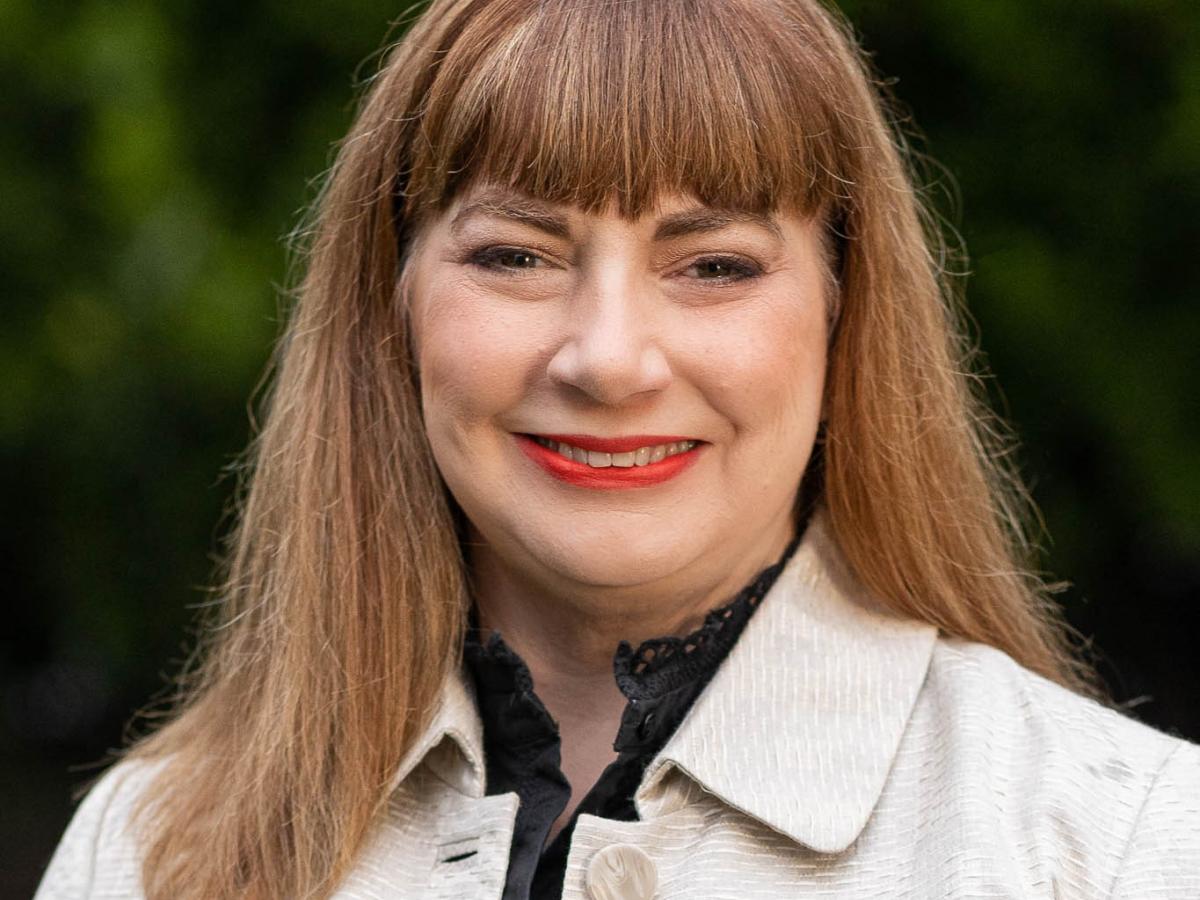Women In Science: Interview with Dr Jodie Avery

To celebrate International Day of Women and Girls in Science in 2024, hear from Dr Jodie Avery, Senior Research Fellow and IMAGENDO Group Program Manager, about her journey as a researcher, what drives her ambition, and what unique challenges she has faced.
What are you aspiring to achieve in your area of research?
"I am aspiring to create new ways to diagnose chronic reproductive health conditions, such as endometriosis and PCOS, (polycystic ovary syndrome) as well as create new quality of life assessment tools so we can make sure we are undertaking research that can really impact on people’s lives. We have so much new technology that can help ease the burden of chronic conditions, but it is important to make use of this in an ethical and equitable way."
What drives your motivation to be a researcher?
"My motivation is the differences we have been able to make in people’s lives, reducing the time it takes to diagnose some conditions, and then setting people on an appropriate treatment path impacts so many different areas, work life, study, financial and overall quality of life."
“(…) After many years, I have finally landed on my feet, with a great mentor and boss (…). Winning last year’s Eureka Prize for Innovative Use of Technology was incredible!”Dr Jodie Avery
What is the best thing about your job? ... and the hardest?
"The best thing is working with an incredible team of international researchers, who are so knowledgeable (but also extremely fun to work with). The hardest thing is the out of hours meetings (due to the international team),and obtaining funding for our research is sometimes difficult."
A moment, decision, discovery or achievement in your career that you are proud of, is....
"My proudest moment after securing an MRFF (Medical Research Future Fund grant) for IMAGENDO, was winning last year’s Eureka Prize for Innovative Use of Technology. We entered to increase our profile, we were shortlisted and then we won which was incredible!"
What support do you wish you had had along the way that wasn’t available to you?
"I came to academia late after a long career in the public service, so I didn’t take the traditional route, and I’m a lot older than many early and mid-career researchers. I also did my PhD part time, had two babies and was quite ill whilst undertaking it. As a part-time student (full-time worker), I didn’t really have much support at all and was left to my own devices. After completing my PhD, it took a while before I found my career niche, due to lack of funding in the area I really wanted to pursue. I also really lacked good mentorship, which is something I probably could have found if I’d moved interstate. However, after many years, I have finally landed on my feet, with a great mentor and boss. I think with remote learning so much more acceptable it potentially could have been different."
What is your message to girls or young women contemplating a career in science?
"I think it is much easier if you do want the career in academic science, do your study while you are young, so that you can travel, take risks etc without having the burden of a partner or family. It’s so much harder to put your career and yourself first when you have others to think about."
Up next: Interview with Dr Ying Wong
